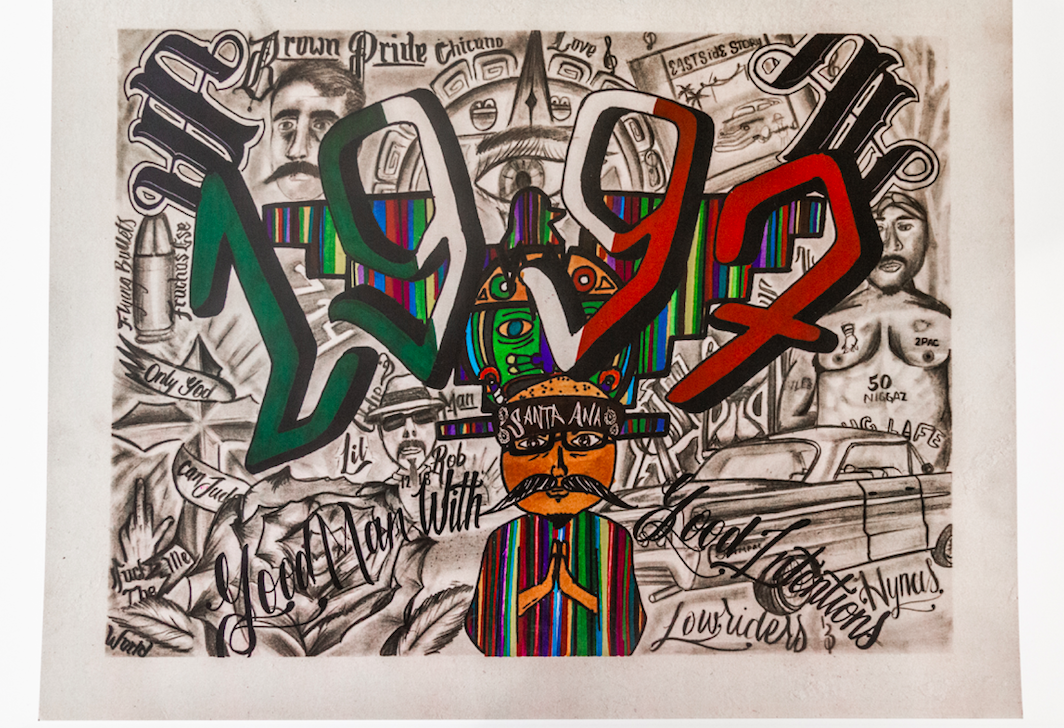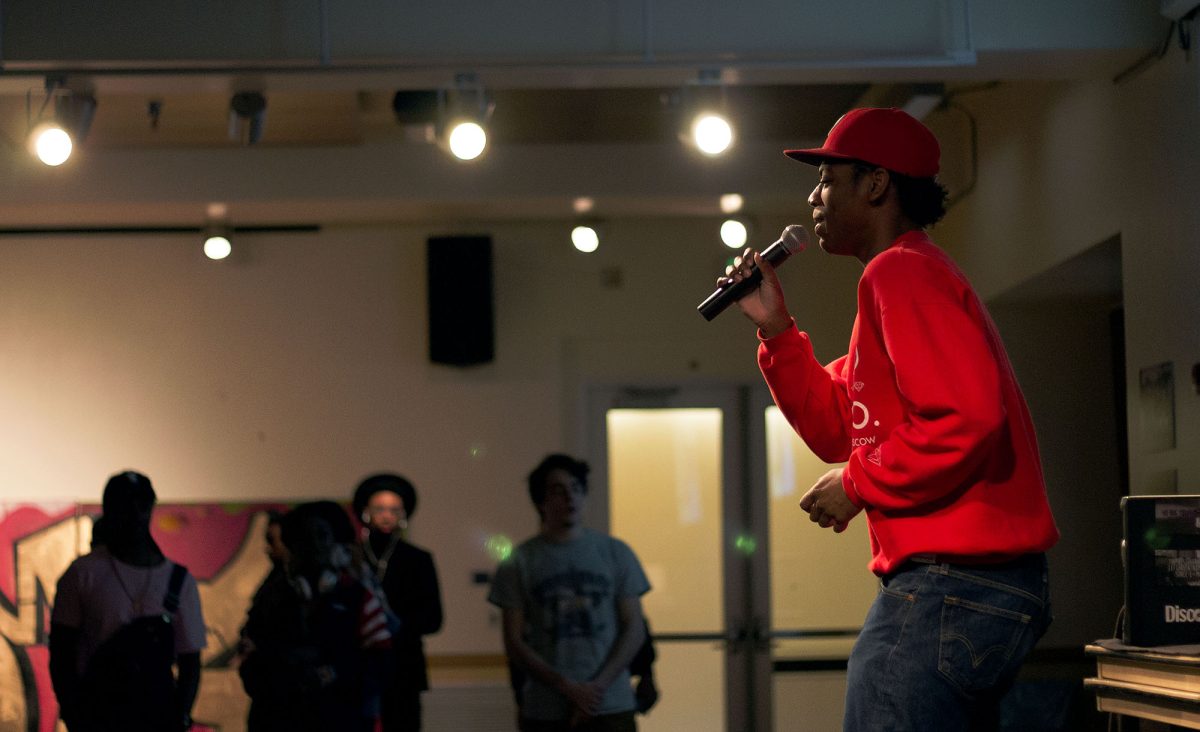For some time, the smell of a presidential election has been in the air. Now, the season is upon us and candidates are beginning to unfold in full bloom. With no true challenger, much of America is getting ready to anoint Hillary Clinton as the Democratic nominee for president. The Republican Party is just getting started, using debate and cut-throat fundraising to figure out who’s legit enough to lead. Bernie Sanders, the independent Senator from Vermont, won his last election with a landslide 71% of his state’s vote. The senator, calling himself a democratic socialist, wants nothing to do with the nationally-staged circus of popularity contests, political chicanery, and shameless servility to corporate interests that seek to convince the rich and famous to open their coffers and thus, in today’s America, the path to the White House.
Sanders announced today he’ll run for president as a Democrat. When the story broke on Tuesday through Vermont Public Radio, the minds of liberal commentators began to churn and their pens began to write, though at the time the story didn’t hit the front page of The New York Times.
Bernie Sanders is a long shot for the Democratic nomination. Beyond a long shot. For starters, there isn’t much room to Hillary’s left. Sanders’ integrity, Andy Borowitz writes satirically in The New Yorker, makes him ineligible to be president. “Good luck and give ’em hell,” writes Matt Tiabbi for Rolling Stone, referring to Sanders as “the one who cares.” But running at all shows that Sanders has real gumption, tenacity, and willpower. Bernie Sanders has cojones.
The longest serving independent Congressman, Sanders has a history of being a working people’s politician. His campaign, he says, will be about the problems facing the middle class. Sanders’ top campaign donors in 2014 were mostly unions; the Communications Workers of America, UNITE HERE! (a service worker’s union), and the National Education Association top the list. Hillary Clinton’s top donors tell a different story: Citigroup Inc., Goldman Sachs, JPMorgan Chase, Morgan Stanley, Time Warner, and Lehman Brothers are in her top ten. Take Sanders’ and Clinton’s ideologies to mean what you will. Decide for yourself if they’re good for America. But the donors on Clinton’s list says one thing clearly: money is power.
The thing about Sanders is that he has no power, precisely what many will say makes him an unelectable nuisance, the progeny of Ross Perot, using the international attention that US presidential races garner to promote a socialist agenda. Some will say he doesn’t care if he wins or loses. They may be right. Bernie Sanders might be the kind of guy who runs for president because he believes it’s the right thing to do. What an idea.
But Sanders’ lack of power can be interpreted in a different way. He may not have the kind of institutional, dynastic power that the Clintons or Bushs have, but he has authority. Authority granted to him by the voters of Vermont, fairly won, independently, and with limited funding. That’s the kind of sway which results, regardless of personal politics, from respect toward the institutions of our nation that allow differing philosophies to exist, flourish, and clash. To go against the grain and to have a backbone. That may serve him well.
But now that he’s entered the fray, Sanders will have to play the game. “We may have reached the point, the tipping point, where candidates who are fighting for the working class and the middle class of this country may not be able to do it anymore because of the power of the billionaire class,” he said on CNN’s “New Day.” Sanders knows to have a shot at the nomination he’ll need thousands of people to step up, campaign, and support his take on the issues. After all, he has alienated the so-called “billionaire class.” And, if money is truly what it’s about, there’s an uphill battle ahead: Sanders has less than $5 million fundraised. Clinton is looking to raise $1 billion.
Via Flickr user AFGE



















